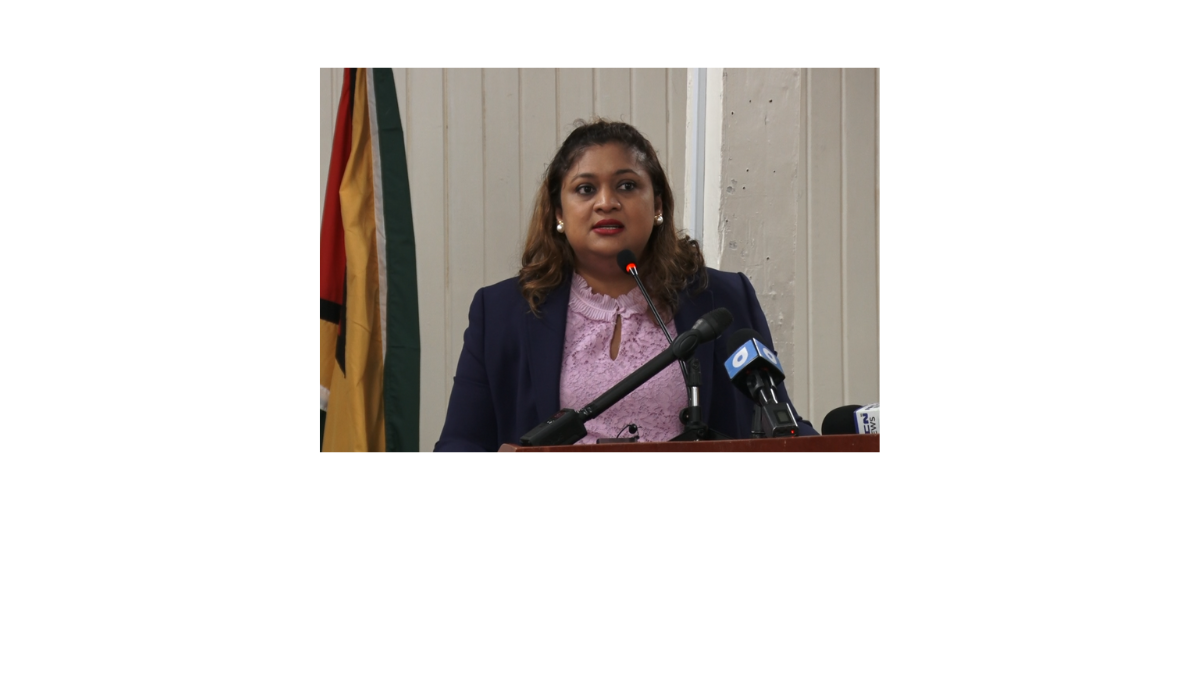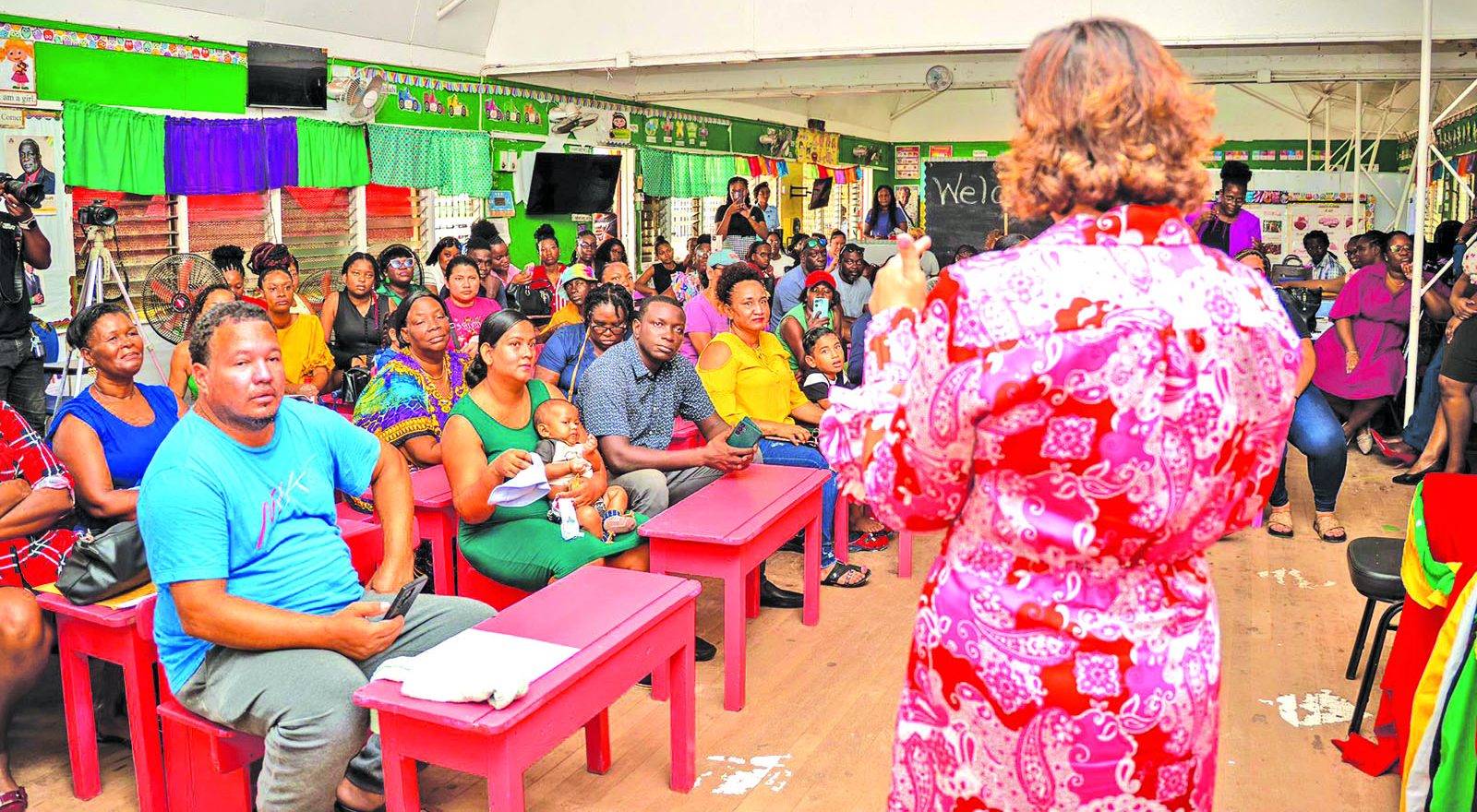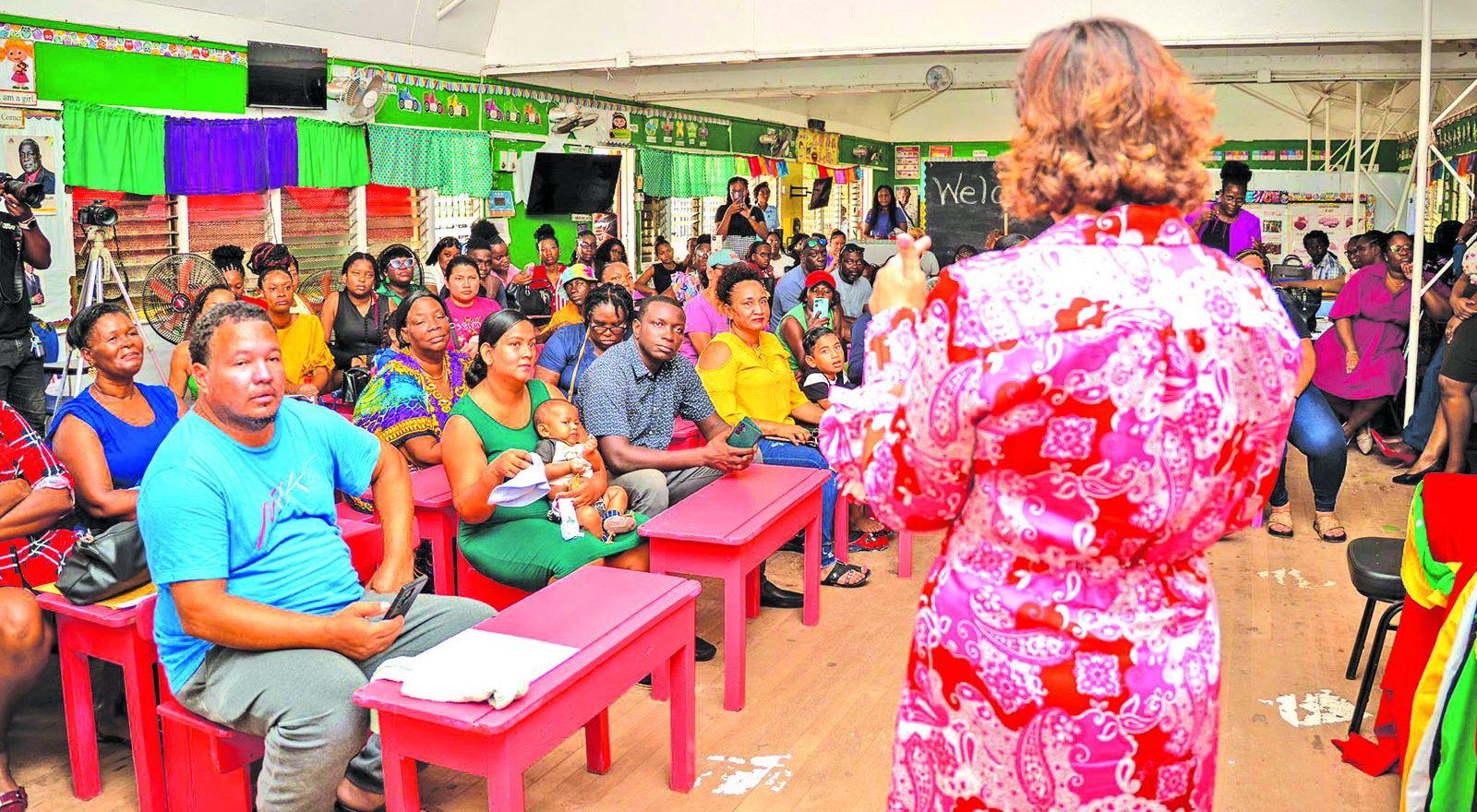There have been significant learning losses, including school dropouts, resulting from the changes to the delivery of education because of the COVID-19 pandemic and it is for this reason Minister of Education Priya Manickchand has emphasised that schools need to remain open.
Manickchand reminded reporters on Friday that the ministry had been engaged in a gradual return to schools since 2020. This has been done because the learning losses are well-known.
And earlier this month, there was a greater return to schools with all Grade Six pupils and secondary school students, except Form One students, returning to full face-to-face classes.
Those Form One students are being accommodated on a rotational basis because many of them are not eligible for the Pfizer COVID-19 vaccines for teenagers. Younger children are also attending face-to-face classes on a rotational basis.
Though she acknowledged that there are concerns about children and teachers’ well-being, Manickchand noted that COVID-19 vaccination and adhering to COVID-19 guidelines are crucial.
“If we were to socially distance all our students, we need to double the size of every single school and we can’t do that initially.
“… right now the sense is not to distance, it is to get vaccinated, wear masks, don’t fraternise unnecessarily and get into classrooms to be taught,” Manickchand reasoned.
At the launch of the locally-made Atlantic Reader book series on Friday, UNICEF Deputy Representative to Guyana and Suriname Irfan Akhtar noted that the body welcomed the decision to reopen schools.
Previously, the UNICEF representative Nicolas Pron posited that it is important for children to return to schools.
He explained that the extended closure of schools can have an adverse impact on children, especially the most vulnerable children who have limited access to online learning and may be exposed to violence, abuse and neglect.
It was also pointed out that children make important and healthy connections with friends and teachers while attending schools. This process of socialisation is strained due to the virtual learning medium that has been adopted due to the measures instituted to curb the spread of the coronavirus.





